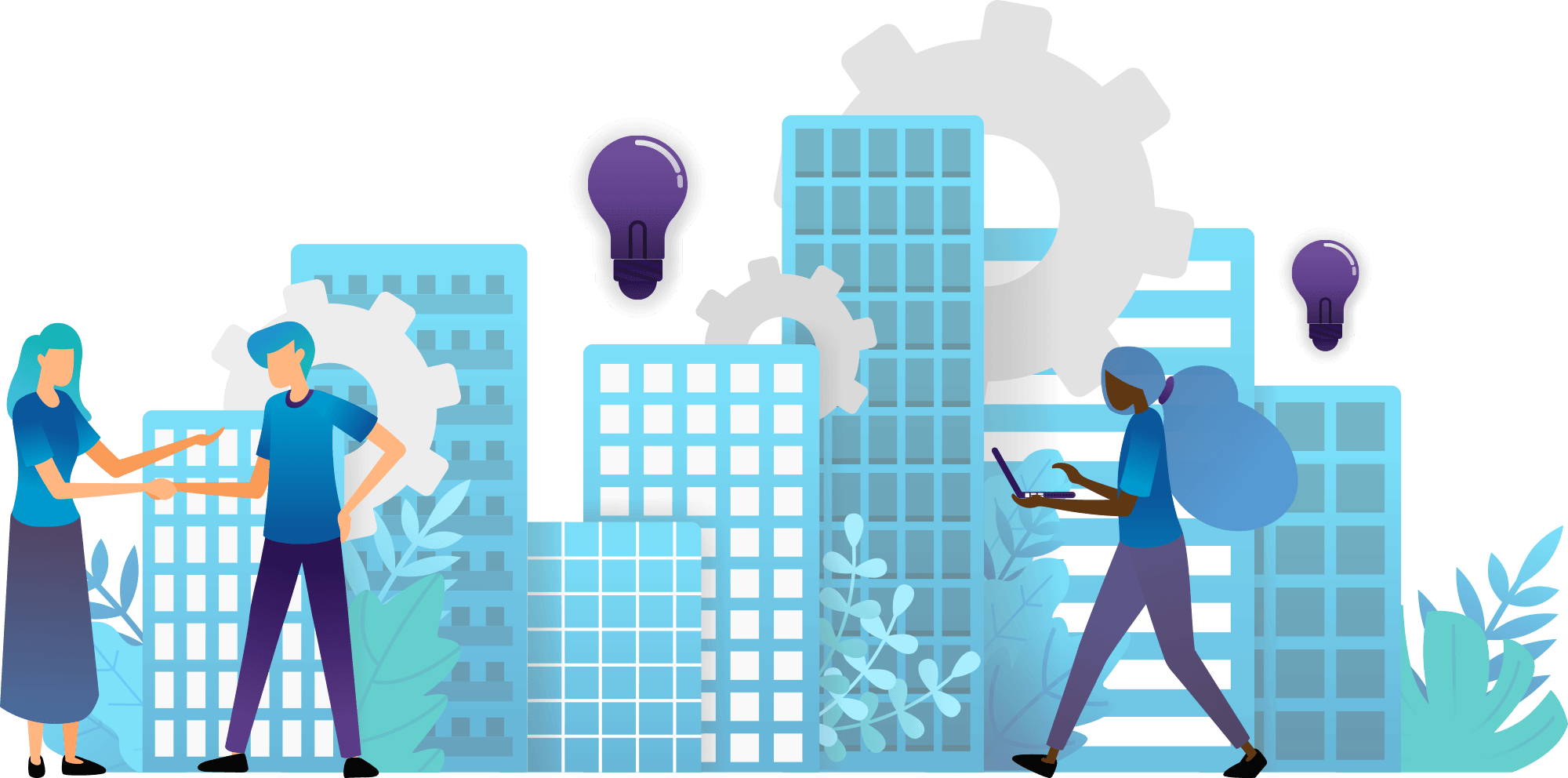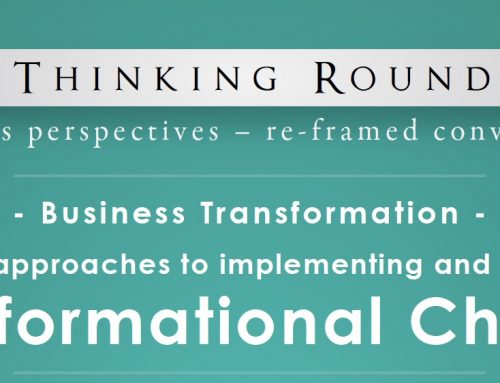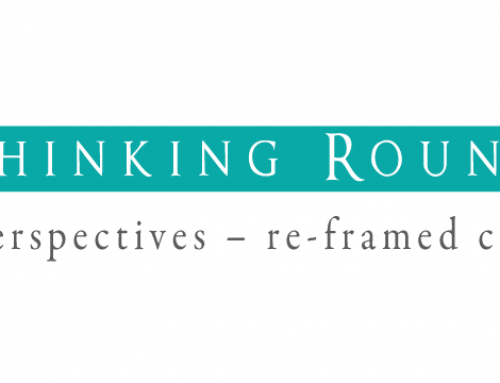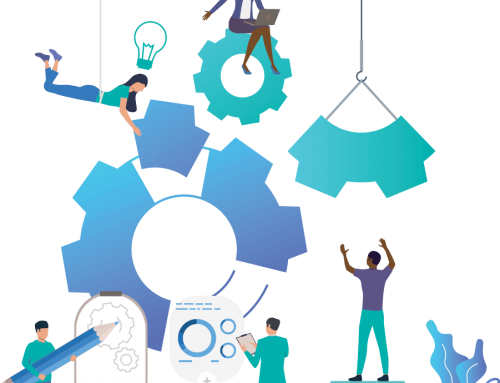 Digital transformation of Australian government services requires agencies to look at new operating models, and new organisation structures.
Digital transformation of Australian government services requires agencies to look at new operating models, and new organisation structures.
Our previous two articles explored each of those topics in turn. This third article in our series focuses on the new leadership and organisational competencies and behaviours needed to implement effective digital services transformation in a public sector environment.
New Competencies
A digital services organisation design and functional model requires a mix of broad and deep expertise, complimented by stronger business management and customer interface competencies. For leaders this means personally modelling and managing different sets of behaviours and activities across all levels of the organisation. Under the new model, employees will need to work across those functions in a collaborative environment if they are to deliver flexible and scalable services tailored to the businesses they serve.
New competencies required include:
- A variety of technology specialisations – including cloud, social, mobile, data, analytics, machine learning, cognitive computing. This technology competency will need to be combined with strategic partner relationship management, research and development, innovation, strategic thinking.
- Service Life-Cycle Management – customer orientation, business and financial acumen, service design, multidisciplinary team leadership, stakeholder management.
- Business Management – planning, data management, financial modelling, workforce planning, change management, stakeholder management, capability development.
Change in Behaviours
Leaders and employees will find a steep and significant increase in complexity as they move to the new way of working. We will all be asked to organise and discuss the work differently, and to have different conversations with peers, managers, clients, and customers.
This means there is need to develop:
- Adaptive leadership practices, working with longer timeframes, spanning boundaries, working less linearly and using more systems based thinking, managing paradoxes, managing continuous change and developing comfort with emergent design thinking
- Leaders’ ability to move from expert mind sets to achiever/strategic mind sets – a willingness to work outside one’s area of expertise and be curious
- Mentoring, coaching and developing people continuously becomes a norm at all levels. The behaviour becomes one of encouraging professional development, change orientation, achieving mastery.
- Higher order communication at all levels and across all functions, with a shift from reliance on top down communication to more horizontal communication, mix of formal and informal, mix of different media including greater use of visual communication.
- Embed Agile approaches, with high levels of collaboration, sense of urgency, flexibility, energy.
- Customer focused behaviour that shifts the orientation from functional focus to thinking through a consumer and customer lens with a strong delivery focus, sense of ownership and a ”fit for purpose” mind-set.
- Comfort with ambiguity, failure and calculated risk taking, open minds with a willingness to challenge current assumptions and to take multiple perspectives on board.
- Collaboration underpinned by increased transparency, sharing and partnering within and across the organisation.
Implementing such changes requires an iterative learning approach which engages stakeholders in building the new functions, creates necessary culture change to operate effectively and builds knowledge, skills transfer and sustainability. It is important to involve every layer in designing new ways of working, and utilizing the collaborative methods of service design in building the change program. This means working to ensure people’s daily behaviours reflect the imperative of change. A good way to start is by defining a few critical behaviours that will be essential to the success of the initiative. Then conduct everyday business with those behaviours front and centre and leaders visibly modelling these new behaviours.




